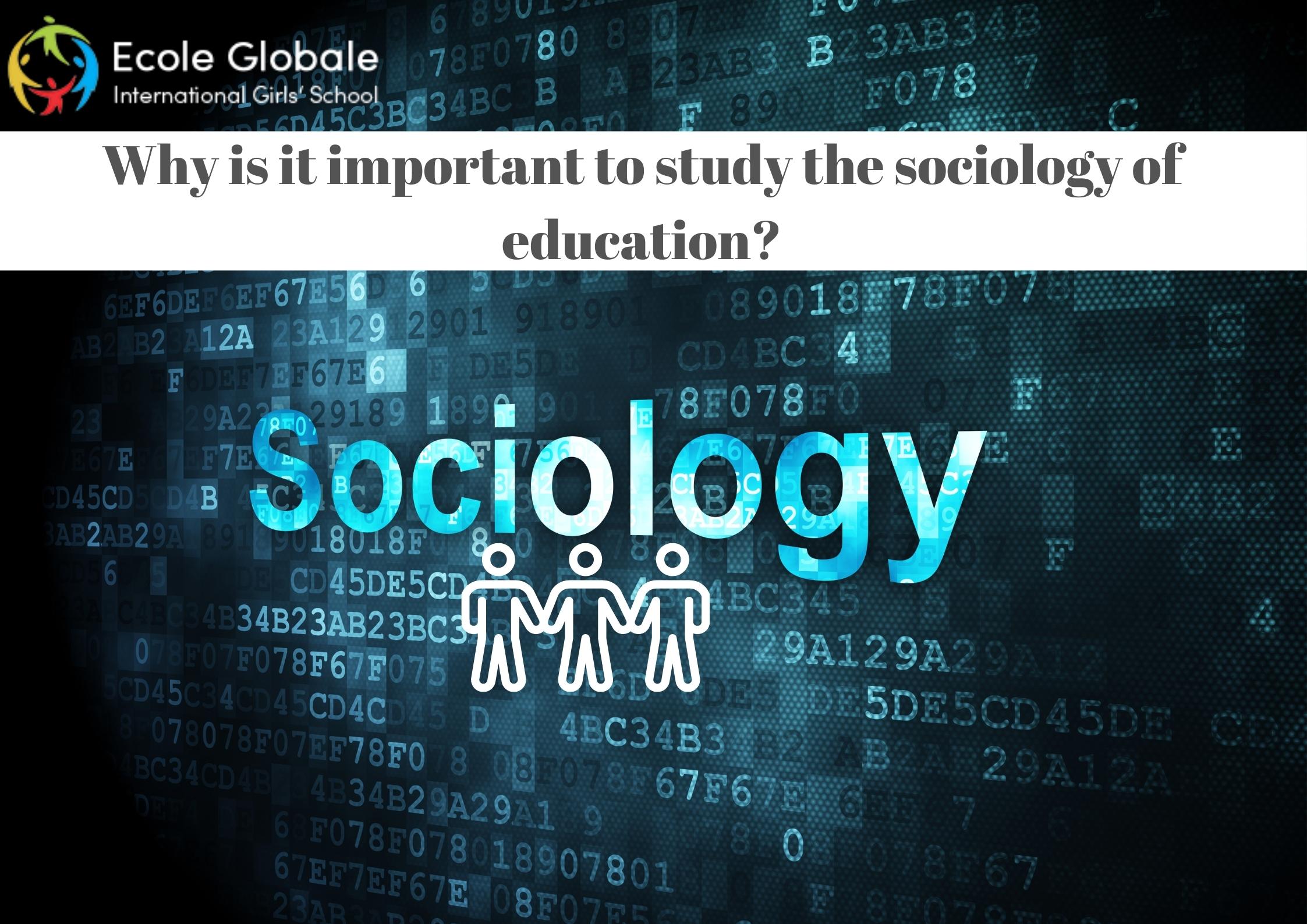Why is it important to study the sociology of education? That is a question that may have been on your mind lately with exams just around the corner. So, to help you answer that question I created this blog post to give you a few reasons why studying the sociology of education will better prepare you for those final exams.
When you hear the phrase “sociology of education,” what comes to mind? To most non-educational researchers, the term sociologists of education conjure images of pencil-necked nerds wearing thick glasses and awkwardly carrying pints of beer during their fieldwork.
However, if you’ve blocked out all memories of E. D. Hirsch from your head (for those who are too young to remember him, he is known as the quintessential sociology of education guru — those who remember him might also recall his signature round glasses) and brushed up on your current sociologists’ take on education (e.g., Pierre Bourdieu), then you’d know that doing a good job of studying sociology of education can shed light on important details about educational systems and institutions in a way that no other academic discipline can.
Importance of Sociology of Education

Societal changes, technologies, and economics have rapidly transformed the educational landscape. Education has become the most important “asset” for both individuals and for the country. Understanding the ever-changing nature of education is crucial for those who want to ensure that their students are well equipped to survive in a complex and rapidly changing world.
As per research conducted by best schools in Dehradun, the sociology of education is an academic discipline that aims to understand how different societal changes, government policies, and economic shifts affect schools and educational practices all around the world.
There are many reasons why it is important to study the sociology of education. Sociology of education discusses education and its connection with society. It is a multidisciplinary field that synthesizes history, philosophy, social psychology, comparative education, policy studies, curriculum theory, instructional theory, and other academic disciplines in understanding the interactions between schooling and society.
Sociology of Education has two major perspectives: a functionalist perspective and a conflict perspective. The Functionalist perspective on education is that it is an instrument for socialization (social integration) and for the transmission of values via the hidden curriculum.
In addition, it has a role in secondary socialization. This means that one learns from school those skills which were not learned in primary socialization (in the family setting). School is an active agent in changing the child into an adult who will soon become part of the labor force. Secondary socialization plays an important role in helping children to build their career.

It is also via schooling that one becomes part of the middle class or not (this depends on whether or not one acquires credentials). A school transmits knowledge via pedagogy and it also reproduces inequalities via credentialism (it makes some students be more equal than others).
Studying the sociology of education is important because it’s very useful for teachers, administrators, policymakers, and parents to understand the social factors that influence educational outcomes.
There are many good reasons for studying the sociology of education. Here are just a few:
Sociology can explain how social factors affect educational outcomes. Factors like family structure, neighborhood conditions, and poverty can have a big impact on how well students do in school, but they’re not always directly under the control of teachers or administrators. By studying the sociology of education, educators can learn strategies for helping students overcome adversity outside the classroom.
Sociology can identify ways to improve educational opportunities. Sometimes sociologists study what works in education and what doesn’t so they can share their findings with educators and policymakers. For example, sociologists were among the first to point out that magnet schools were more effective at desegregating schools than busing programs.
*This allowed educators to understand why some integration strategies worked better than others.
Sociology helps educators understand groups’ differences in educational outcomes. Sociologists have studied differences in academic performance between males and females, races and ethnicities, socioeconomic classes, and other groups. This work helps educators understand which students need more help and why some groups tend to outperform others.*
The sociology of education is the study of how social institutions and individual experiences affect education and its outcome. It is mostly concerned with the public schooling systems of modern industrial societies, including the expansion of higher, further, adult, and continuing education.
Education is seen as a fundamentally optimistic human endeavor characterized by aspirations for progress and betterment. It is also perceived as an important agent of socialization in a world increasingly shaped by economic change, globalization, urbanization, and mass media.
Education is perceived as a place where children can develop according to their unique needs and potential. It is also perceived as one of the best means of achieving greater social equality.
For any queries related to parenting, schooling, or any student-related tips, click here to check out our latest blogs






